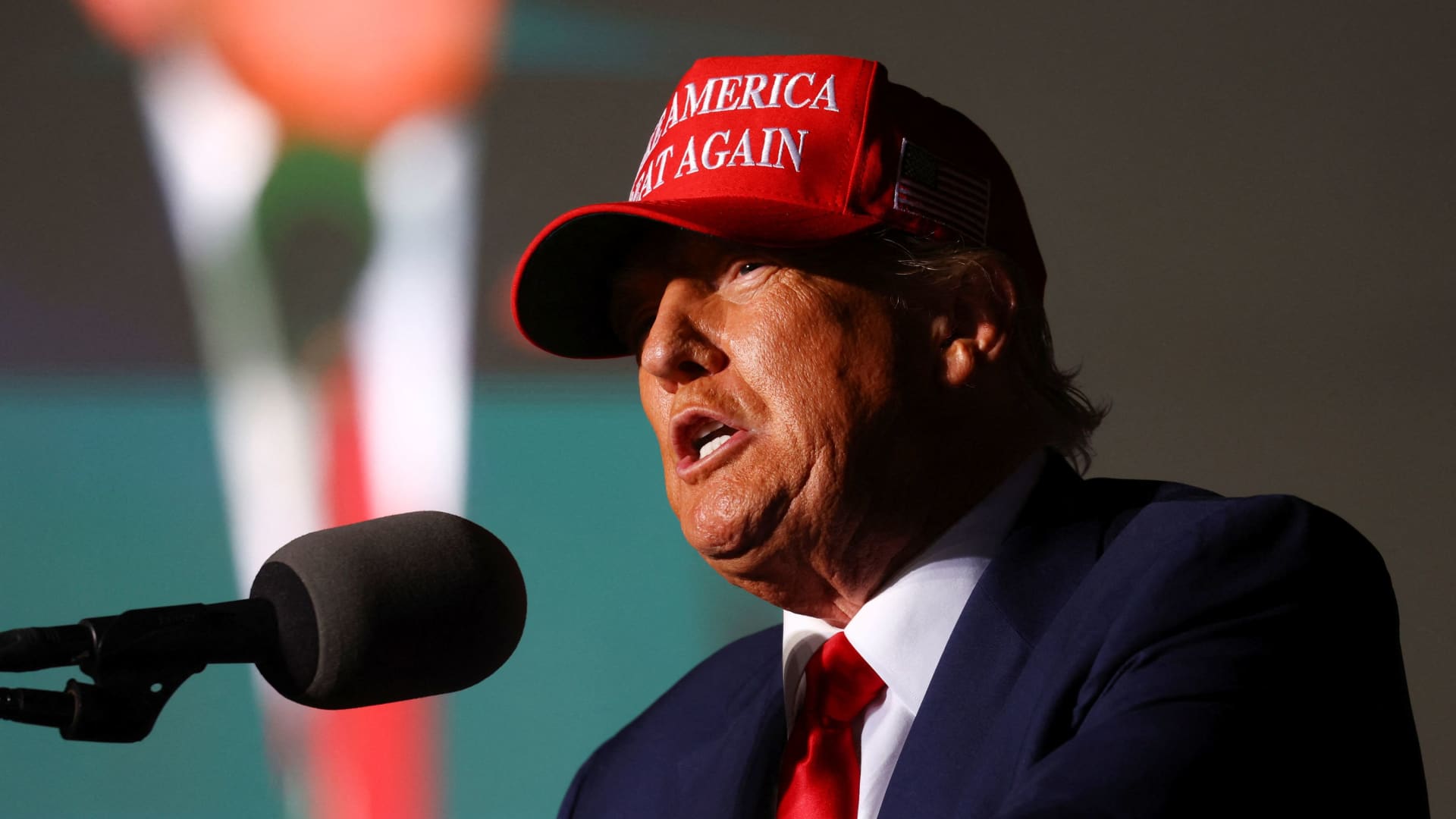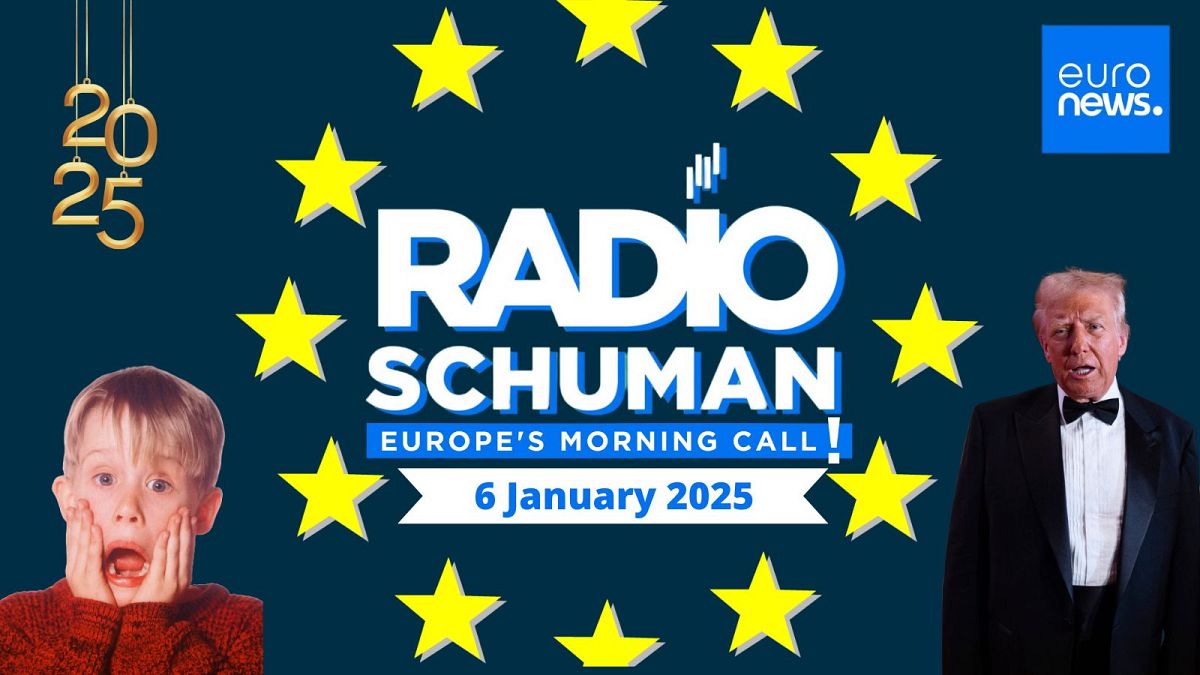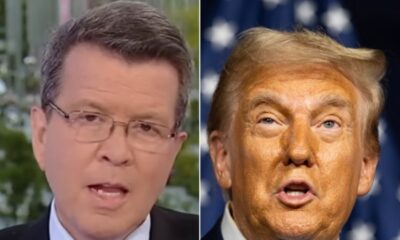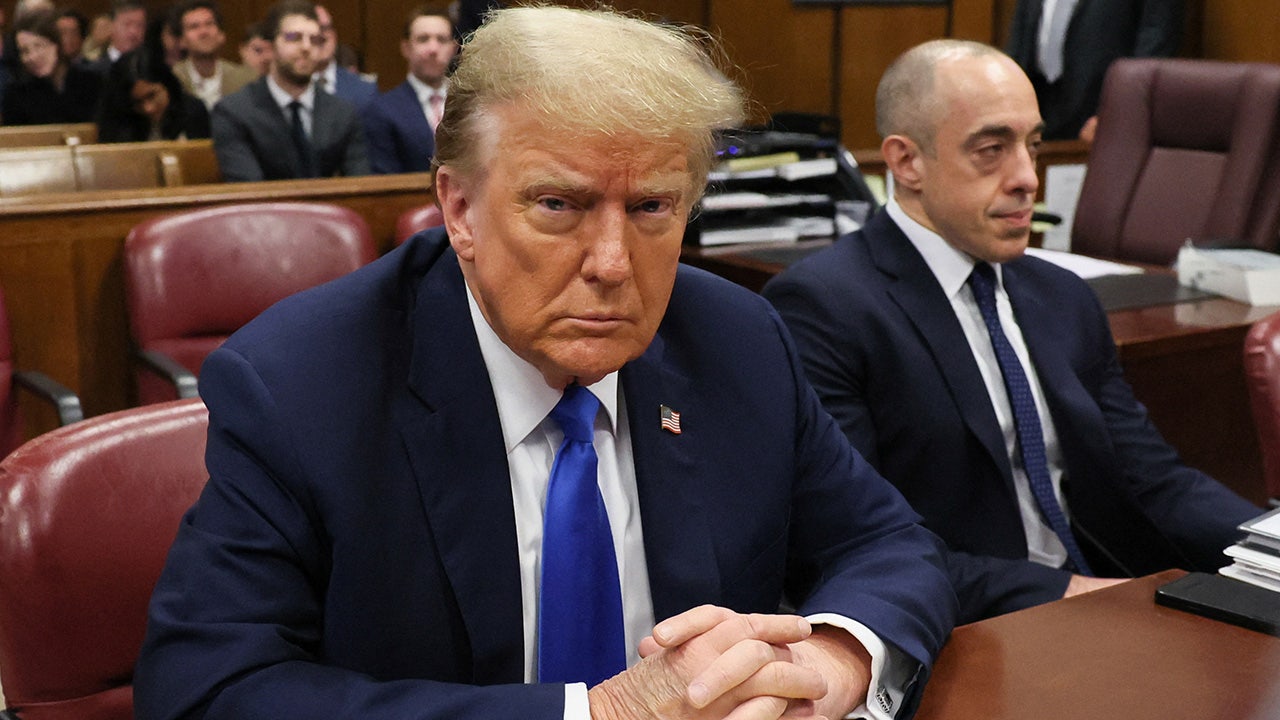Michael Barr is stepping down as Wall Street’s top regulator but will stay on as a governor at the Federal Reserve, the US central bank announced on Monday.
Barr will vacate his role as vice-chair for supervision at the end of February, cutting short a four-year term that began in July 2022. He will remain as a governor until that term is up in January 2032, meaning there will be no new vacancy on the seven-member board of governors.
Barr said in a statement that he was stepping down over concerns that a “risk of a dispute over the position could be a distraction” to the Fed’s goal to safeguard the US financial system.
“In the current environment, I’ve determined that I would be more effective in serving the American people from my role as governor,” he said.
His decision comes just ahead of Donald Trump’s return to the White House. The president-elect has vowed to slash regulations in his second term, and his advisers were reportedly considering demoting Barr, although the transition team had not asked him to resign.
Barr’s move averts a potentially messy battle between Trump and the central bank if the president-elect had sought to force him aside after retaking office. The board’s general counsel believed that Barr would have prevailed if the issue were raised in litigation. His private counsel noted that fighting such a case would have been disruptive for the institution.
“It’s not about the legal merits, it’s about practically what it would mean for the Fed in that period of time,” Barr said in an interview with the Financial Times. “It just made sense to me to get in front of all of that and take myself out of the equation.”
Since Barr is staying on as a Fed governor, Trump will have to select a new vice-chair for supervision from among the current group of governors. They include officials such as Christopher Waller and Michelle Bowman, both of who Trump selected for their jobs during his first term as president. Bowman, in particular, has emerged in recent years as a staunch opponent to many of the rule changes proposed by Barr — making her a potential choice for the job by the president-elect.
The Fed on Monday said it would not make any “major rulemakings” until a successor is confirmed by the Senate.
Since Barr assumed the top regulatory role in the US government and pledged to impose more stringent rules on major lenders, the Fed has faced intense legal pressure from banking lobby groups. Some of those groups filed a lawsuit in December against the central bank over its framework for stress tests, which aim to identify vulnerabilities at specific organisations in times of economic or financial strain.
The Fed was already considering what it described as “significant changes” to the stress tests in order to reduce volatility around the results and make the process more transparent. Changes could include amending models that calculate hypothetical losses for banks, averaging results over two years to lessen the risk of large year-on-year swings, and allowing the public to comment on hypothetical scenarios each year before they are finalised.
Last year, Barr was forced to revise his landmark proposal to raise capital requirements on lenders such as JPMorgan Chase and Goldman Sachs. A bipartisan group of US lawmakers, chief executives at the biggest banks and lobbyists had launched a ferocious opposition campaign against the implementation of the so-called Basel III Endgame — the final rules tied to an international effort to shore up the sector in the wake of the 2008 financial crisis.
In September, Barr unveiled proposals that would have roughly halved the increase in capital requirements to 9 per cent for the largest US banks, versus the 19 per cent initially floated.
Asked about the fate of the Basel rules, Barr said he was “hopeful that the process continues to move forward”.
Republicans cheered Barr’s decision to step down. Tim Scott, the head of the powerful Senate Committee on Banking, which oversees the Fed, said Barr had “failed to meet the responsibilities of his position”.
“I stand ready to work with President Trump to ensure we have responsible financial regulators at the helm,” Scott said in a statement.
Congressman French Hill from Arkansas, who chairs the House Financial Services Committee, said he was “pleased” to hear of Barr’s resignation.
“It’s my preference that his nominee is committed to tailoring bank regulatory policies and implementing a balanced approach to prudential supervision,” he added.
Ian Katz at Capital Alpha Partners said Barr’s resignation set the stage for “lighter touch” oversight from the Fed. Bowman was the “most obvious candidate for the job if she wants it”, he added.
Barr said in his resignation letter to President Joe Biden that it had been an “honour and a privilege to serve as the Federal Reserve board’s vice-chair for supervision, and to work with colleagues to help maintain the stability and strength of the US financial system so that it can meet the needs of American families and businesses”.























/cdn.vox-cdn.com/uploads/chorus_asset/file/24982514/Quest_3_dock.jpg)





